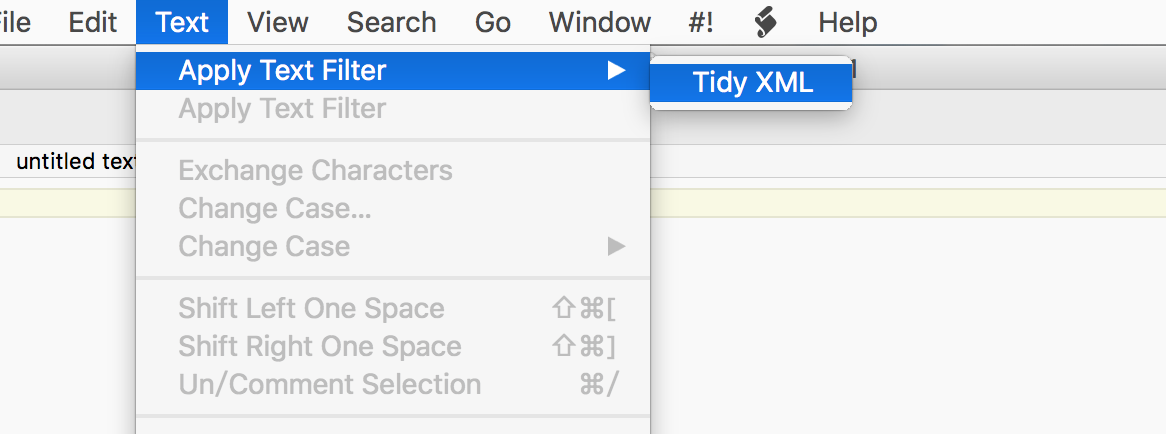
Sudo cp -R "/Volumes/Chicken of the VNC/Chicken of the VNC.app" /Applications Use the cp command to copy the application to /Applications: The Firefox disk image is one example of a package that displays a license before mounting. Once you scroll to the bottom of the agreement, you can type in Y to continue or N to stop. In that case, the text that would normally appear in a GUI dialog box instead appears in the Terminal window. Sometimes when a disk image is mounted, it will prompt you to agree to a license first. In this case, the last line of output from hdiutil showed exactly where the disk image was mounted. dev/disk1s2 Apple_HFS /Volumes/Chicken of the VNCĪ mounted disk image appears on the Desktop, in the Finder, and more importantly shows up as a directory in /Volumes. From the command line, use:Ĭhecksumming Driver Descriptor Map (DDM : 0)…ĭriver Descriptor Map (DDM : 0): verified CRC32 $767AD93DĬhecksumming Apple (Apple_partition_map : 1)…Īpple (Apple_partition_map : 1): verified CRC32 $DD66DE0Fĭisk image (Apple_HFS : 2): verified CRC32 $EF1F362F The first step is to mount (or attach) the disk image. Note: this technique can be used from a local Terminal window or a remote SSH connection.

Use textwrangler for mac on command line install#
Here are the steps needed to install it remotely from the command line. The download file is named "cotvnc-20b4.dmg". It can be used as a remote desktop client for Linux, Mac, or Windows hosts. The following steps show the installation of a popular VNC client for OS X called "Chicken of the VNC". The same can be accomplished from the command line using two commands, hdiutil and cp. Once mounted, installation of the application is typically done by dragging an icon to the Applications folder.

If you double click a disk image in the Finder, it is mounted automatically. Many applications are distributed as disk images, a compressed binary format. An intrepid reader asked the following question:


 0 kommentar(er)
0 kommentar(er)
